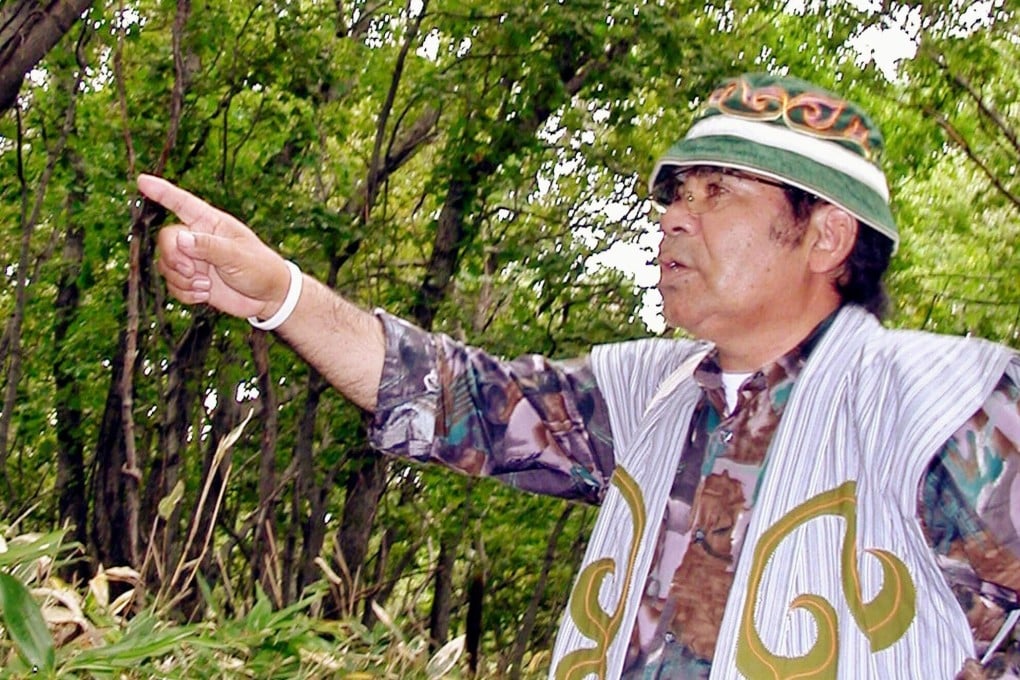Cultural appropriation? Japan’s indigenous Ainu wary of Chinese bid to trademark their name for smartphone cases
- An application has been lodged with Japan’s Patent Office by an individual in Shenzhen seeking to trademark ‘Ainu’
- The Ainu people are indigenous to Japan’s northernmost island, and Japan last year enacted legislation aimed at protecting Ainu culture

Documents disclosed by the Japan Patent Office showed on Wednesday that an application was lodged to trademark “Ainu” for products such as smartphone cases and computer mouses. The filing was made in March by an individual in Shenzhen, southeastern China.
The application was pending as of Tuesday and the JPO only said it will make a decision based on trademark law.
It is unclear whether the applicant was aware of the significance of the word Ainu when filing for the trademark and the person’s agent in Japan who processed the paperwork only confirmed to Kyodo News that the request was made through a patent office in China.
“I don’t know if [the applicant] had considered a specific ethnic group,” the agent said, adding, “I think the patent office will reject it if it is considered offensive.”
The application was lodged as the Japanese government plans to open the National Ainu Museum and Park in Hokkaido this year to promote a wider understanding of the ethnic minority that is indigenous to the nation’s northernmost main island.
“We believe that it is an attempt to profit off our community. We want the government to object,” said Hiroshi Hirono, who heads an association that advises those wishing to develop products using traditional Ainu design.
Japan last year enacted legislation aimed at protecting and promoting Ainu culture through the provision of financial assistance, stipulating for the first time that they are an indigenous people.